The tale of two Javanese towns
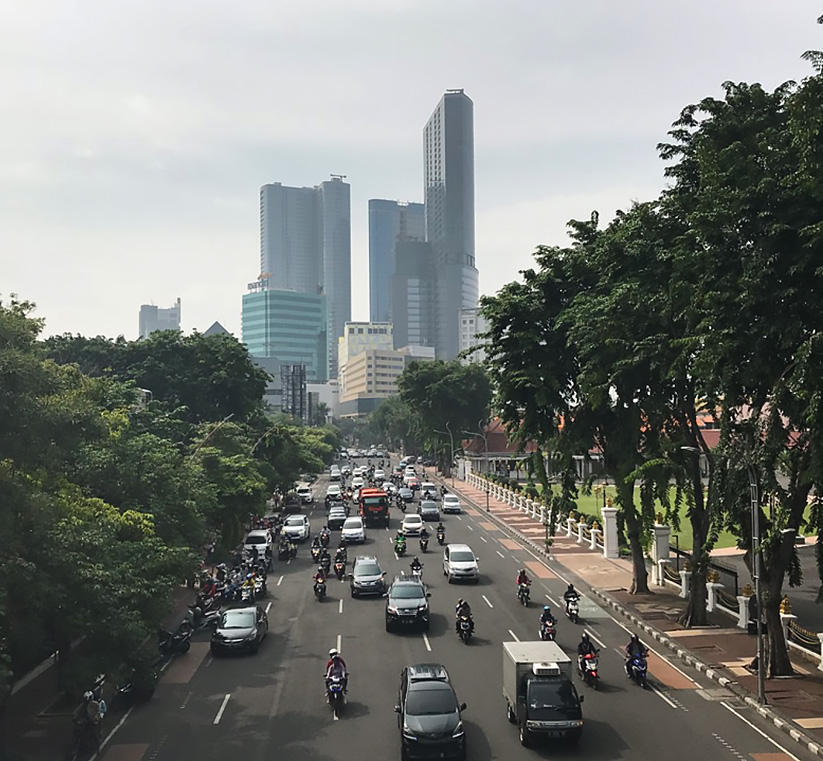
Surabaya and Yogjakarta are proudly called the “City of Heroes” and the “City of Tolerance”.
They both belong to the Champions League of urban centers on the globe’s most populous island, Java but they are surprisingly different: Surabaya is a vibrant, participatory but not very charming beast, while the other one, Yogja, is a true beauty, a cultural centre, but ruled by greedy, monarchic families.
The “Car Free Day” signs in the Central Business District are the latest indications of the true change that has come to Indonesia’s second biggest city, Surabaya.
“This was an initiative from the citizens,” says Tri Rismaharini, the mayor of the city.
As an architect and mother of two children, the 56-year-old local leader had little interest in politics in 2005, when she became director of Surabaya’s park department.
“But then I learned to understand the importance of an engaged local population, who truly cares,” she says. From the parks department, she rose to national fame in 2010 as the first female leader of the “City of Heroes”.
Here at the far north-east of Java is where the final struggles against occupiers and colonialists from Britain, the Netherlands and Japan were won after the Second World War. The brave people of Surabaya helped make Indonesia independent.
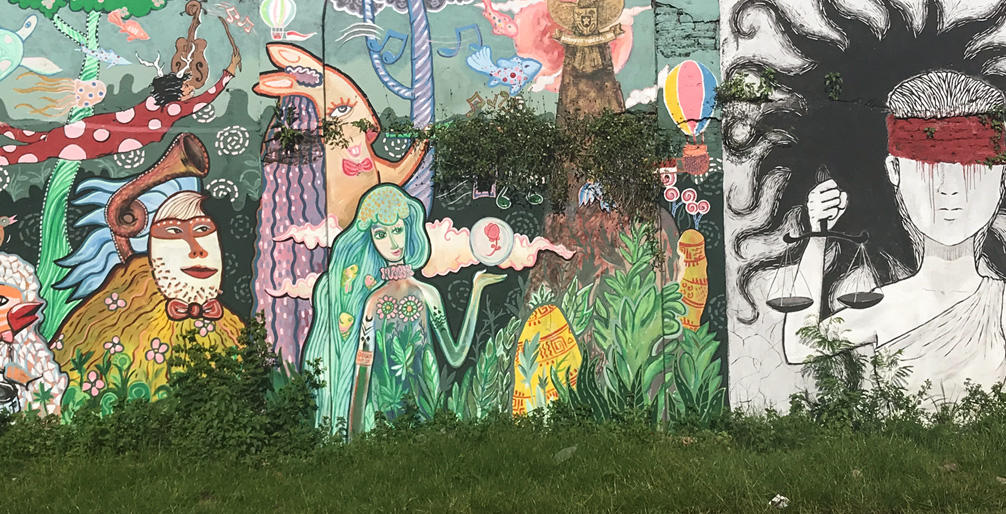
But after that triumph Surabaya became the ugly duckling of the country – a harbour and industrial city known for corrupt and unresponsive leadership. This changed to some extent in 2010, when “Ibu Risma” (Mother Risma, as she is called by the locals) for the first time took office at City Hall.
She has used the growing powers of local governments – the product of 20 years of efforts to democratise Indonesia’s local authorities – for real change. Brothels have been converted into kindergartens, former petrol stations into playgrounds. And, most importantly, Surabaya has started to provide for education and healthcare for the underprivileged.
Asia’s most participatory city
In the beginning of Risma’s tenure, as she angered entrenched interests, opponents tried to cut her down politically. She and her family received death threats after she introduced the country’s first completely e-procurement system.
But her reforms took hold, as citizens responded. Today, the ugly beast Surabaya is counted as the most participatory city in Asia. “A city must be first and foremost a home for its citizens,” she says. And it feels that way. Outside City Hall, the roads and squares are full of fathers pushing strollers, groups of bikers and the mayor’s noisy supporters, who they call themselves “Risma Lovers”.
On my #ddworldtour leg of Java – an island three times the size of Switzerland but with more than 130 million people – I started to understand how important Indonesia’s path towards devolution has been for the future of democracy in the world’s most populous Muslim-majority country. This June, more than 170 mayors will be elected across the country.
Many voters have become conscious of the importance of truly local politics. And Tri Rismaharini is not the only role model. After doing a strong job running Jakarta, the capital of Indonesia, Joko Widodo became Indonesia’s president.
“Jokowi”, as the seventh president of Indonesia is called, is the first in the job without a high-ranking business or military background. But he was a successful mayor of Jakarta before being elected in 2014.
Monarchy within a republic
The devolution is far from over. While local political entities do enjoy a growing set of powers, Indonesia, according to its current constitution, is still a centralised state. This is its heritage from the first decades of independence, when the country was run by military dictators.
But there is one big exception to that rule: The City of Yogjakarta. Located between the harsh Indian Ocean to the south and the very active volcano Merapi, Yogjakarta – which is often just called Jogja – has it all.
It is the historic cultural center of Java and also the main artistic and university capital of the island. Instead of a dominance of the kind of concrete buildings one sees in Surabaya, Jogja is full of temples, castles and historic buildings.

“We are very proud of us,” says Ardi, a local guide who makes an extra effort to show me the unique features of Yogjakarta, where religions and languages are merging into an innovative mix.
And then you have the special status of the city: “This is not a democracy, but a monarchy,” says Eko Ryadi, the leader of a local research and human rights institute.
Together with Eko, I am meeting several civil society leaders at the headquarters of the institute, which is affiliated with the Islamic University. Several of these leaders are working on interfaith-dialogue and local participatory initiatives.
But, in sad contrast to the surprising achievements in “ugly” Surabaya, my interlocutors in “beautiful” Jogja have almost no good news.
The historic city of tolerance has become a rather unhealthy place for democracy supporters, they tell me while reporting that four of their colleagues, who should have attended our small roundtable conversation, were arrested the very same day by the local police.
Their offence: “They accompanied a few local residents, who are protesting against the plans of a new airport.”
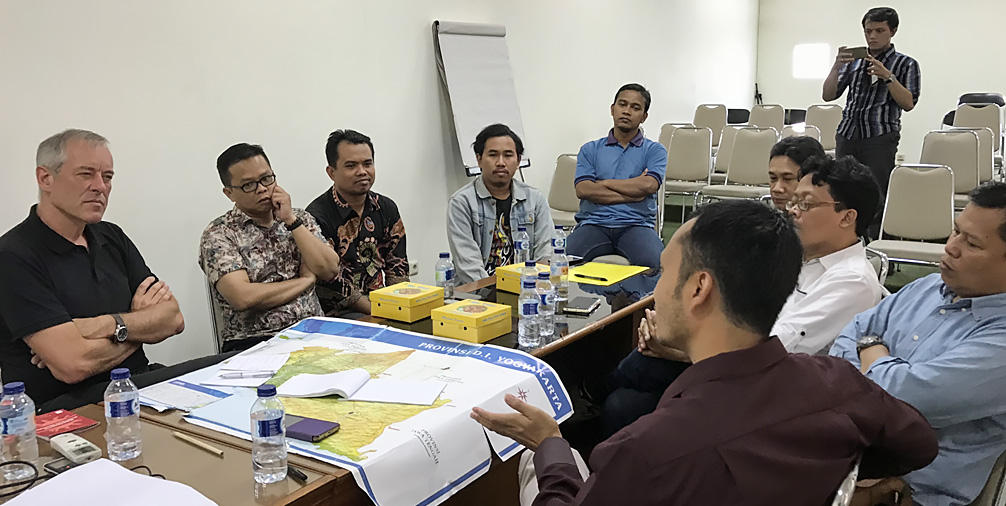
The trouble is that the land set aside for the planned airport in the southwest of the city – as with almost everything in Yogjakarta – belongs to one of the two families: the Hamengkubuwono and the Pakualaman. The head of the Hamengkubuwono family also is the king, governor and religious (Muslim) leader of Jogja. The chief of the Pakualaman serves as his deputy of this urban absolute monarchy within a democratic republic.
One of world’s most interesting countries
Therefore the people of Jogja are subjects of the Sultan, and opposition is frowned upon: “When you are too outspoken here, you are visited by a private militia,” one human right’s activist reports. The political issues which are taboos in the Special Region (a status for Jogja that was confirmed as recently as a few years ago by the Indonesian parliament) involve the role of the Sultan, the 1965 anti-communist mass killings (which left one million people dead), and LGBT stories.
Worse still for this historic “City of Tolerance”, where people of different faiths have lived together for thousands of years, radical Islamist groups have started questioning the freedoms of other religions.
The 71-year-old sultan Hamengkubuwono X has offered little guidance in such difficult times: “Many see him and his family as very greedy,” says a market seller I talk to outside the Sultan’s impressive palace, the Kraton.
This is a challenge. With a rapidly growing and very young population, Indonesia needs all the local democracy it can muster.
Obviously, Surabaya and Yogjakarta represent the extremes of this country: The “City of Heroes” with its encouraging and innovative female mayor, and “the City of Tolerance” whose beautiful cultural centre is a reminder of the past.
And then there are many other important cities like Jakarta (pop. 10 million), Bandung (2,6 million) and Bekasi (2,5 million), where the outcome of the June elections will be critical to the democratic future of one of the most interesting and multicultural countries in the world, Indonesia.
Swiss-Swedish author and journalist Bruno Kaufmann is on a world tour to explore the state of democracy visiting more than 20 countries on four continents until May 2018.
swissinfo.ch publishes a weekly Notebook and multimedia reports by Kaufmann over the next few months as part of its coverage of direct democracy issues.
Kaufmann’s democracy world tour is mainly sponsored by the Swiss Democracy FoundationExternal link, where he is the director of international cooperation. The Swiss Democracy Foundation hosts various projects and platforms linked to participatory and direct democracy across the globe, including Democracy InternationalExternal link, the Direct Democracy NavigatorExternal link and the Initiative and Referendum Institute EuropeExternal link.
Follow the tour on social media with#ddworldtour, @kaufmannbruno, @democracyreporter and on people2power.info

In compliance with the JTI standards
More: SWI swissinfo.ch certified by the Journalism Trust Initiative









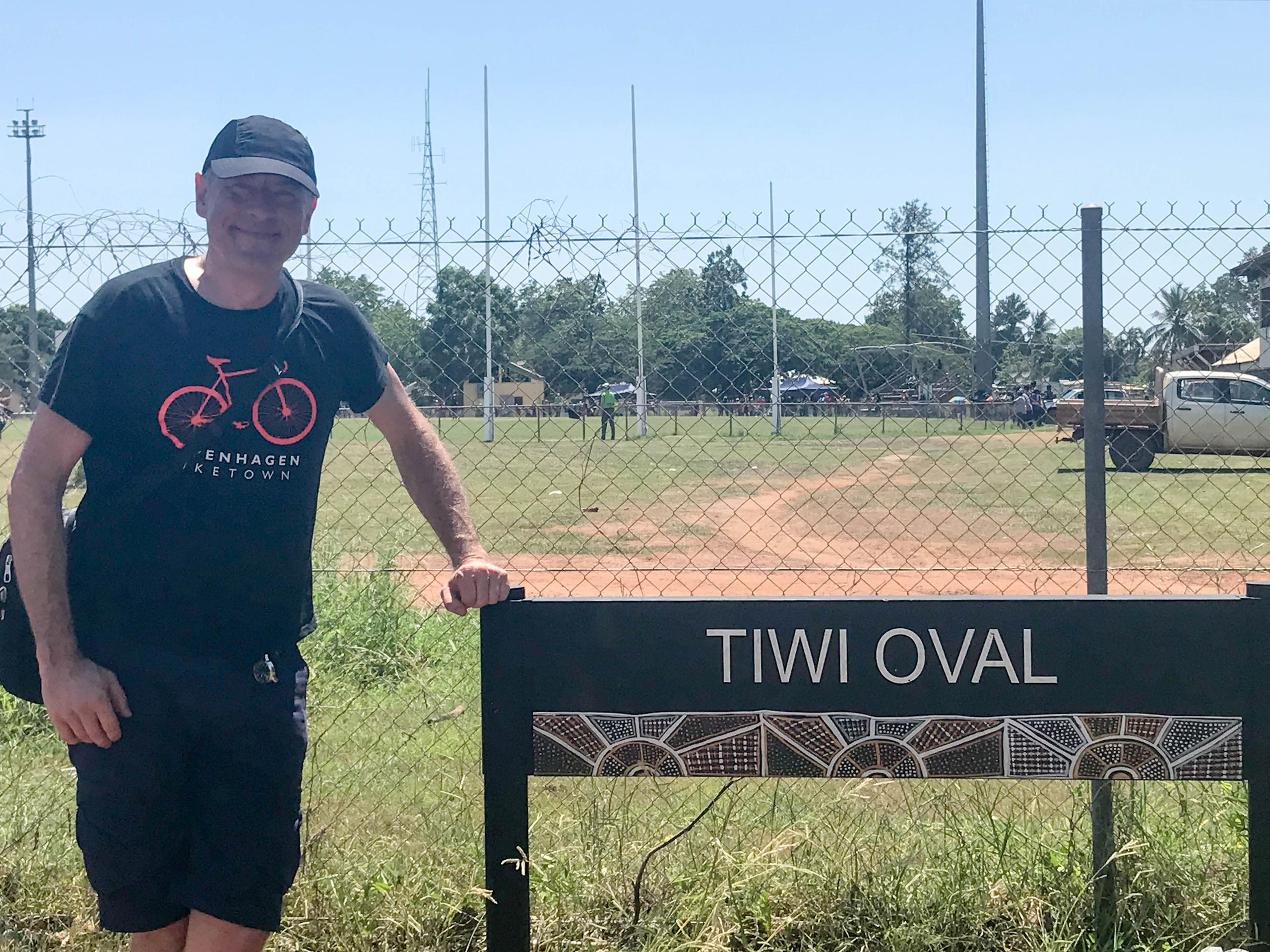
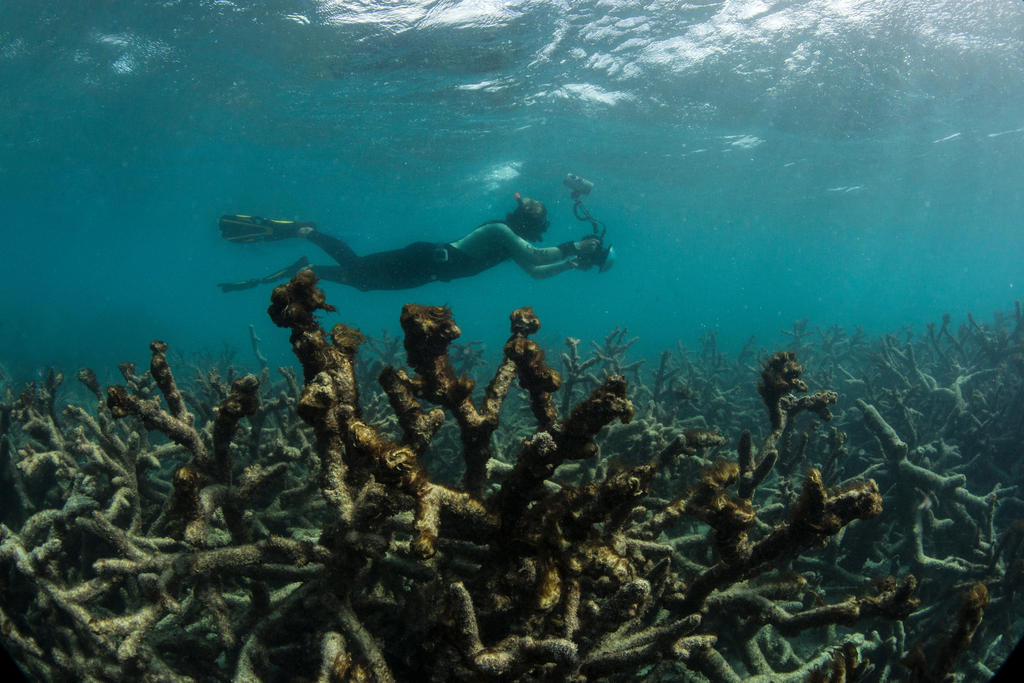
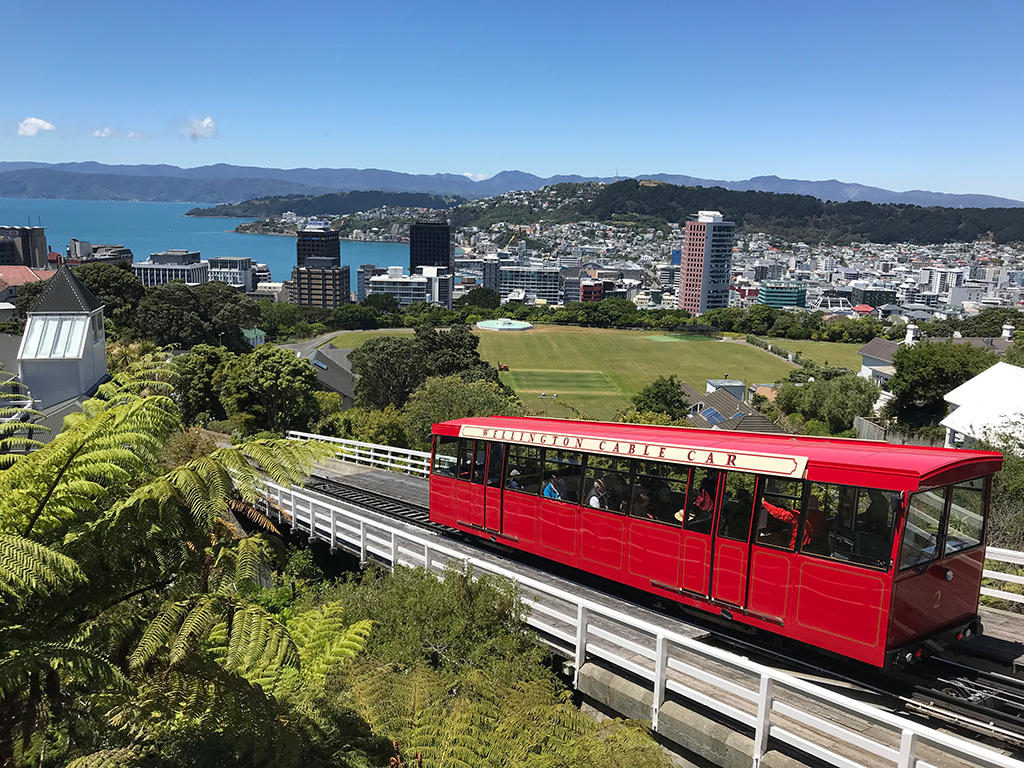

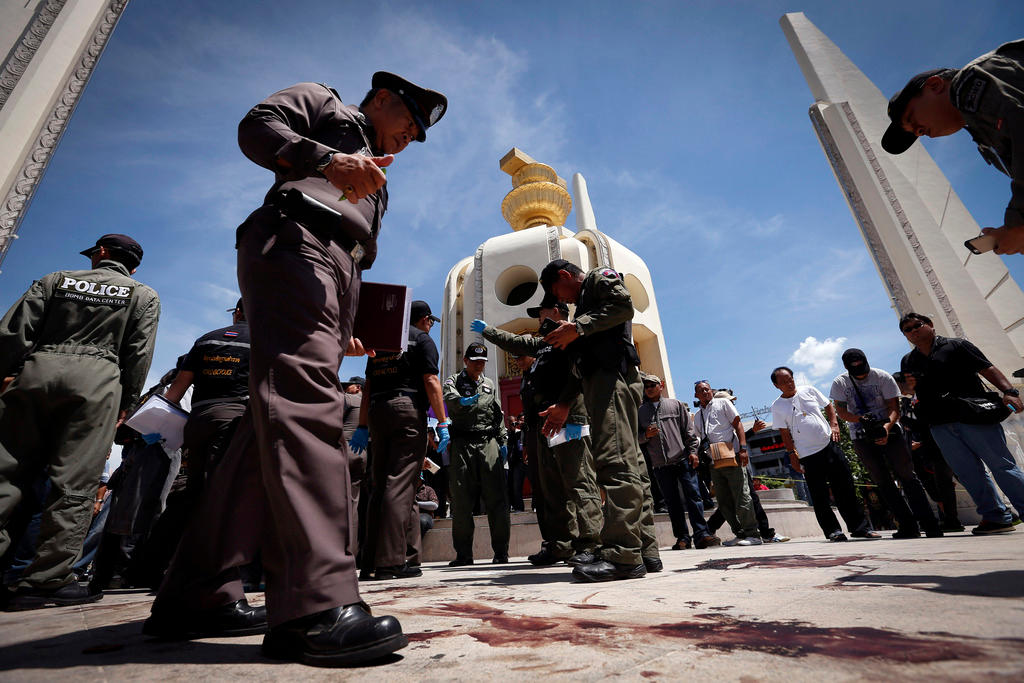
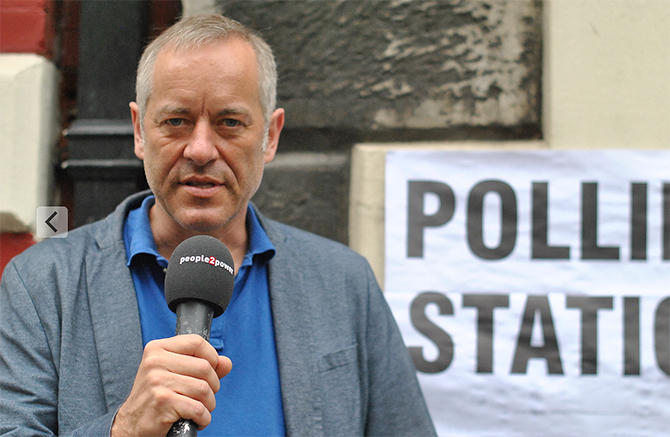
You can find an overview of ongoing debates with our journalists here . Please join us!
If you want to start a conversation about a topic raised in this article or want to report factual errors, email us at english@swissinfo.ch.